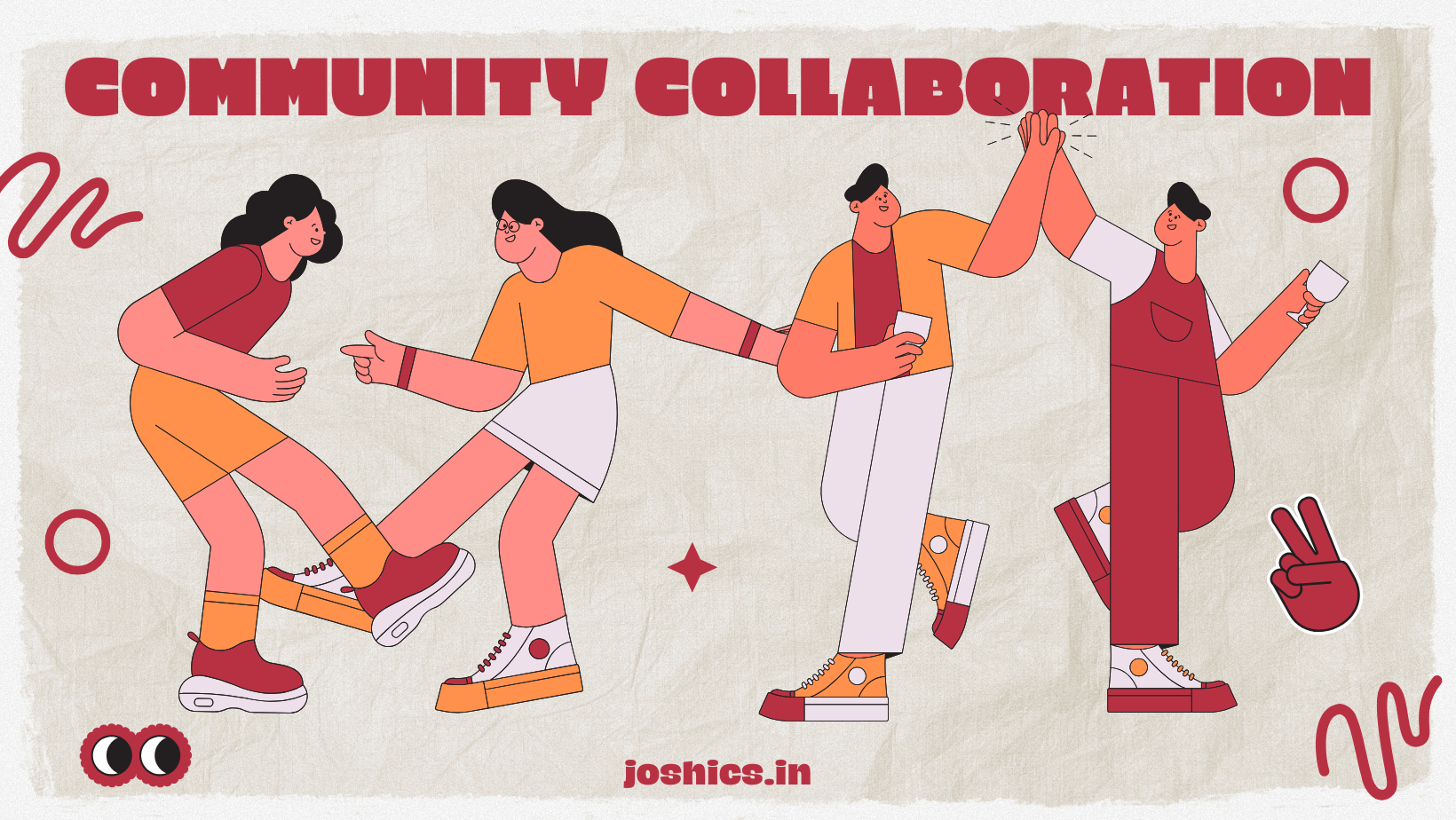
As the long-standing powerhouse supporting numerous websites, Drupal 7 faces fresh challenges with its end-of-life (EOL). For developers and site owners committed to maintaining their investment, a strategic approach involving collaboration and proactive updates is crucial. Here’s an expanded guide on sustaining your Drupal 7 site effectively post-EOL.
Why Continue with Drupal 7?
There are several reasons why maintaining Drupal 7 might still be beneficial:
- Stability and Familiarity: For many organizations, Drupal 7 offers a stable and well-understood environment. Teams that have fine-tuned their processes around it may prefer to stick with what works.
- Resource Constraints: Transitioning to Drupal 10 or an alternative can require significant resources—including time, budget, and technical adjustments—that some organizations may not have readily available.
Key Challenges Post-EOL
- Security Vulnerabilities: With the cessation of official updates, potential security loopholes pose a higher risk. Proactively monitoring and patching these vulnerabilities becomes critical.
- Module Compatibility: As web standards and technologies evolve, some Drupal 7 modules might fall out of sync with modern requirements, leading to functionality issues.
- Reduced Community Support: With the community shifting focus to newer versions, accessing help and resources could become more difficult.
Collaboration: The Key to Longevity
- Engage with Community Initiatives:
- Find Dedicated Groups: Engage with forums and groups committed to Drupal 7 maintenance. Collaborating with like-minded individuals can provide new solutions and resources.
- Join Working Groups: Participate in specialized working groups focused on Drupal 7. Contribute your insights and leverage shared knowledge to solve common challenges.
- Contribute to Module Maintenance:
- Adopt Key Modules: Identify key modules vital to your site’s operation and dedicate resources to their maintenance. Consider becoming a co-maintainer or collaborating with other developers.
- Develop Custom Patches: For modules with limited external support, develop and share custom patches that address critical issues or improve functionality.
- Share Updates and Insights:
- Create Knowledge Networks: Build a network of professionals managing Drupal 7 sites. Regularly share updates, best practices, and insights on overcoming challenges.
- Host Webinars and Workshops: Organize webinars and workshops to disseminate knowledge and foster collaboration. These platforms can serve as valuable venues for sharing discoveries and learning from peers.
Ecosystem Updates: Keeping Pace with Change
- Monitor Emerging Trends:
- Stay informed about industry trends and find ways to integrate relevant advancements into your Drupal 7 environment. This proactive stance helps keep your site competitive and functional.
- Upgrade Wisely:
- Plan gradual enhancements to the core and modules, ensuring they're aligned with evolving standards. This step-by-step approach can prevent sudden disruptions and maintain site reliability.
- Evaluate Alternatives:
- Regularly assess other platforms and updates. Even if sticking with Drupal 7 for now, knowing your options keeps you prepared for future transitions when resources permit.
Sustaining Drupal 7 post-EOL requires a strategic blend of collaboration, innovation, and vigilance. By actively engaging with the community, committing to module maintenance, and adapting to ecosystem changes, you can extend the life of your Drupal 7 site while planning for the future. This commitment to proactive management ensures your site remains secure, efficient, and ready to meet current demands.
Blog comments
I'm sad to see Drupal 7…
I'm sad to see Drupal 7 being cut off. I'm very happy to work with the new Drupal but Drupal seven is like a language that we have learned and used and it has served us amazingly! Of course I have several D7 sites that I won't be able to upgrade for several years :/
And how are we going to get at least those security fixes? The support subscriptions I have seen advertised are way too expensive. Will those fixes be released in the public domain?
For security updates, you're…
For security updates, you're right about the current subscription services being costly. While public domain releases aren't typically expected, it's worth keeping an eye on community-driven initiatives or support networks, as they might offer some relief.
Not sure why this isn't…
Not sure why this isn't mentioned since it is an active example of much of what you have written about: https://www.d7security.org/ - more details and active collaboration happening at https://gitlab.com/d7security
Thank you for bringing this…
Thank you for bringing this to our attention. You're absolutely right, d7security.org and the ongoing collaboration on GitLab are crucial resources for those navigating Drupal 7 security concerns.
These platforms are excellent examples of the community's efforts to maintain and support D7, offering valuable insights and solutions.
If anyone is exploring security options or seeking collaboration, these links are certainly worth checking out. Your input is much appreciated!
Add new comment